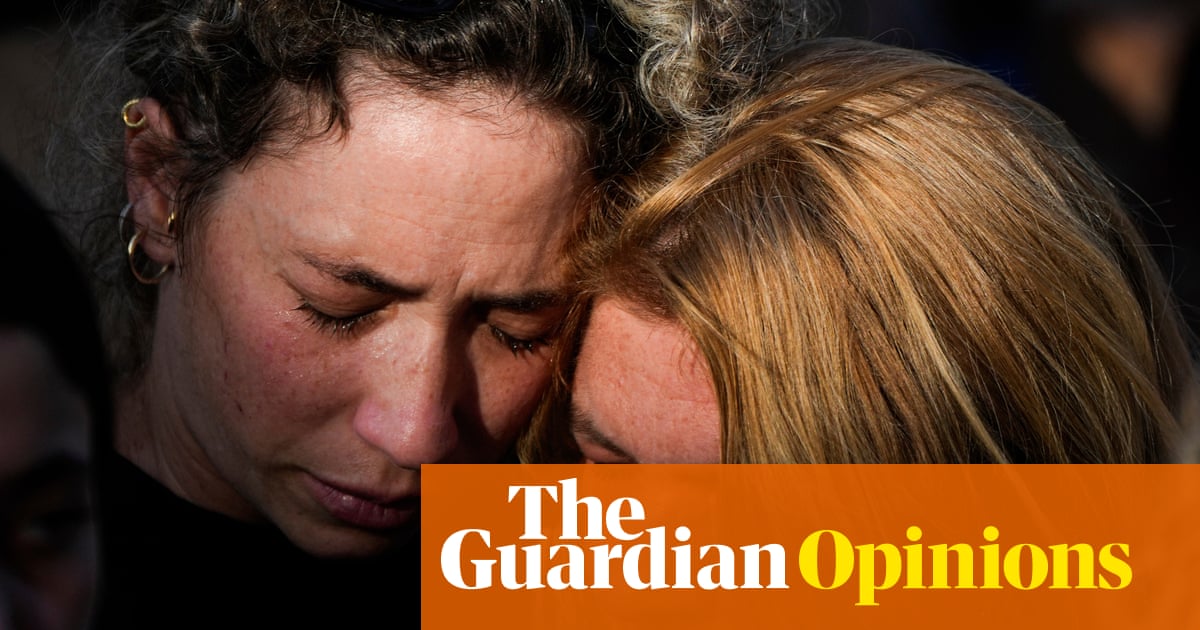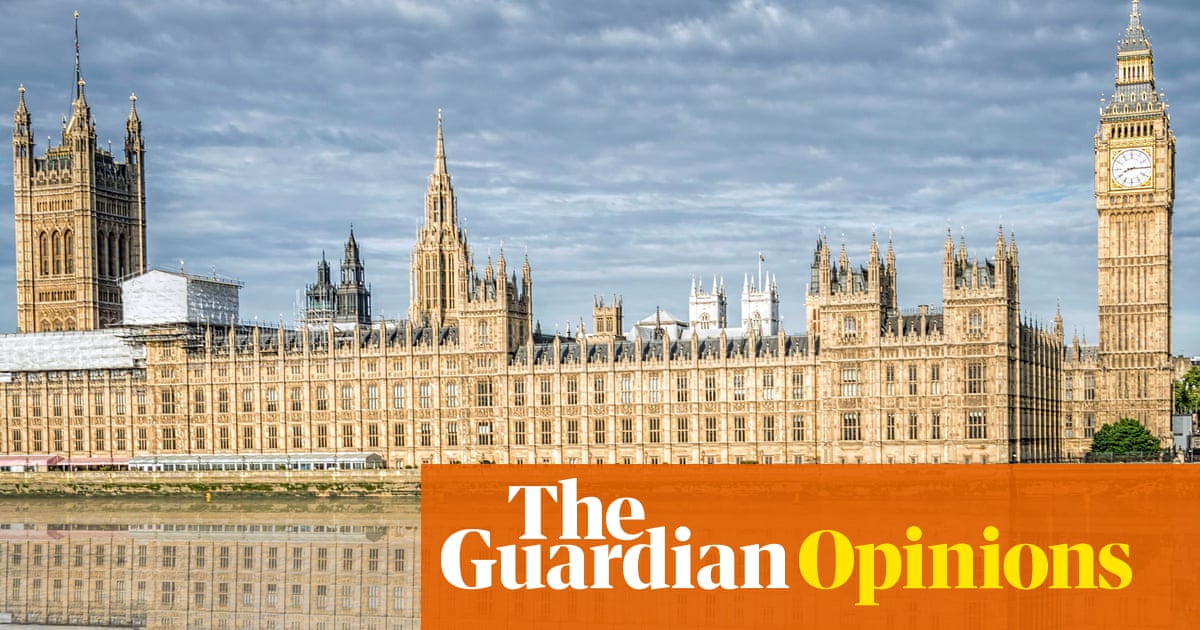
his is an Indian story,” says Tanya Maniktala, “so it’s about time it was told by us.” The 22-year-old actor is speaking by video call from Delhi about playing the lead in a groundbreaking BBC adaptation of Vikram Seth’s novel A Suitable Boy.
The six-part series is the first time the BBC has had a historical drama cast entirely with people of colour, and the first time that Seth’s 1993 novel – one of the longest in the English language – has been adapted for the screen. “It’s a landmark,” says BBC commissioning editor Mona Qureshi. “With a novel like this, where there aren’t characters who are white, it makes sense to have an all south Asian cast. It has been a long time coming.”
A Suitable Boy is set in 1951, against the backdrop of a newly independent and post-partition India. It tells the story of 19-year-old Hindu Lata, played by Maniktala, who is under pressure from her widowed mother to find an appropriate husband. A chance encounter with the Muslim boy Kabir sees Lata fall in love, but their religious differences echo the wider clashes between Hindus and Muslims in the country. When Lata’s mother learns of their affair, the relationship is forbidden. There follows a vast, intergenerational coming-of-age story, involving four families and more than 110 characters over the course of 18 months, right across India. It is a grandiose reflection of a nation coming to terms with a new identity.
The series was three years in the making, Seth having agreed to the series on condition that Andrew Davies – who has adapted everything from Pride and Prejudice to War and Peace – was at the helm. It was clear to director Mira Nair from the outset that the show had to be played by south Asians and filmed in India. “I never subscribe to making films that exoticise India,” Nair says. “So we had to shoot on location, to recreate this atmosphere of crumbling aristocracy, rather than spiffing it up.”
Nair, who was the first woman to win the Golden Lion at the Venice film festival with her 2001 film Monsoon Wedding, says her own childhood in the Indian town of Bhubaneshwar mirrors Lata’s. “I grew up in these bungalows as a daughter of a civil servant, just after this time when the country found its voice in freedom.”
This interpretation of Seth’s world interweaves romanticised scenes of the misty Ganges at dawn with bustling, dusty markets, the decaying Raj, and westernisation creeping into dress and music. We witness the placid natural beauty of northern India, as Lata secretly meets with Kabir in the opening of the second episode while, conversely, her Anglicised older brother puts on a double-breasted suit for an alcohol-fuelled evening of jazz dancing in the metropolis of what is now Kolkata.
All the while, the seeds of Hindu nationalism grow as temples are erected next to centuries-old mosques and peaceful protest descends into police violence. Despite being set almost 70 years ago, it is a context that worryingly reflects current Indian prime minister Narendra Modi’s fierce nationalism and stoking of religious violence.
“The seeds of much of what we are facing today were planted in the 1950s,” Nair says. “Vikram’s story drew on his own time of writing, the 1990s, just as we do with this adaptation today. For instance, the Hindu temple that is being built next to the mosque in the first episode is based on the destruction of the Babri Masjid mosque in 1992. What we are living through has a history, so this show is not a museum piece in any way.” This is most powerfully expressed in a scene where local Muslims march at a temple – and a jittery police force responds by opening fire on the crowd of adults and children. Their bodies are left in the street to be recovered by their families.
Even for Maniktala, there are parallels between her life now and her character’s, despite being generations apart. “I felt there was so much in common with me and Lata,” she says. “A mother trying to find a suitable boy for her young daughter is something that still very much happens now, but I really like Lata because she wants to be valued as an individual, rather than be the shadow of someone else. She isn’t afraid to make mistakes, which I am still learning from. She can handle being judged.”
Before she was cast, Maniktala was working as a copywriter in an advertising agency. After being spotted by a casting director, she was called in for a Skype interview with Nair. “I had been looking for my Lata for a year and must have seen over 500 people,” says Nair. “Then I saw a grainy tape of this girl with dark circles under her eyes and I was immediately drawn in. Tanya is amazing because she has a kind of sweetness, as if she has not been fettered by the world. She’s truly at the brink of growing up, which is a really unusual quality in a young person in the 21st century.”
Contrasting Lata’s innocence is the courtesan Saeeda, played by Bollywood veteran Tabu. “Saeeda represents this bridge between the crumbling world of the Raj and modernity,” she says. “It felt so important to be playing this complex and powerful female role – someone who is all over the place emotionally, spiritually and sexually, who depends on male patronage to live but who also has such an independent mind and a rich knowledge of life. We are all products of our environment and although Saeeda represents a dying profession, she just wants a better life like so many today.”
While Maniktala brings a wide-eyed incredulity to her role, Tabu’s Saeeda is seductive, world-weary and self-assured, in one scene captivating the wayward son of a politician with just a passing glance during one of her performances.
One aspect of the show that is certainly new is its casting. In the wake of global Black Lives Matter protests following the police killing of George Floyd in Minnesota in May, there has been a re-evaluation of the representation of people of colour on screen. Blackface-referencing shows such as Little Britain have been pulled from streaming services, white actors have stopped voicing black characters on certain animations, and in June the director Steve McQueen called the British TV and film industry a whitewashed product of “blatant racism”.
Qureshi feels that a newfound openness from audiences will help push through more diversity. “Audiences are really open to following stories with new faces and our palates have become increasingly sophisticated,” she says. “I genuinely think that the industry is a very different place to when I started in the mid 90s. Then I might have agreed with Steve McQueen’s sentiment, but we’re working towards diversity being represented across a range of genres now and that’s the most crucial element. This show is just the start.”
She mentions the casting of mixed-race actor Vinette Robinson in 2019’s BBC adaptation of A Christmas Carol as a step in the right direction, even though it did prompt a backlash. Yet for some, such as writer Nikesh Shukla, despite the direction of Nair and the cast, having a white writer at the helm remains a “slap in the face”, as he wrote on Twitter. Perhaps meaningful change can only come with unimpeded opportunity and representation.
As a director who has championed challenging, diasporic narratives throughout her 30-year career, Nair does not see A Suitable Boy as a milestone. “When people say the casting of the show is radical, it’s only radical to you guys,” she says. “It’s about time that this western world understands that we have extraordinary talent and that should be normalised.”
Maniktala agrees. “Who can portray this story better than Indians who have grown up with those values and morals?” she says. “My grandfather, who was from what is now Pakistan, used to tell us stories about partition. So this history is close to us – it is something my family have experienced.”
Ultimately, with over 110 actors in a production shot over three months on location, Nair’s goal is for viewers to find themselves enveloped in the often conflicting worlds of India, rather than consuming the show as an inconsequential period piece. “We’ve taken great care to recreate the detail of these worlds which are rapidly changing,” she says. “The Urdu language, which is currently being wiped out, is expressed in nuances by the ways in which the vendors in our fictional town of Bhrampur change their Urdu calls by season. Now, you might not get that but it all goes towards creating the extraordinary richness of the ever-changing subcontinent.”
For those who do get it, there is a deeper message. “History repeats itself but we don’t seem to learn from it,” Maniktala says. “Perhaps this show will provide a new perspective, one for a new generation to take heed of. It is an Indian telling of our own story. Here, you’ll view us as we are – and how we came to be.”
• A Suitable Boy starts on BBC One at 9pm on 26 July.












